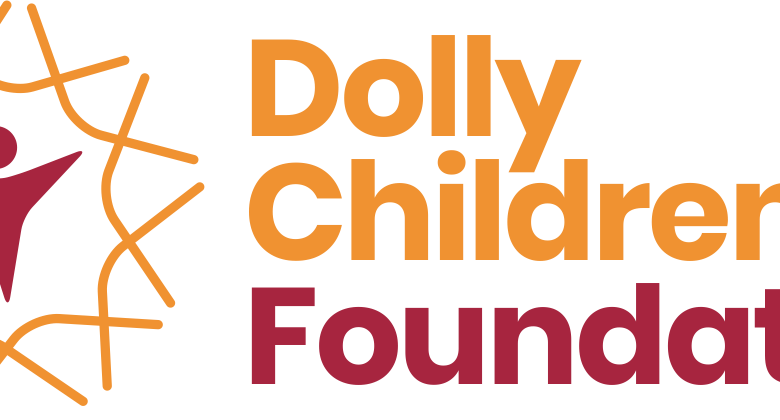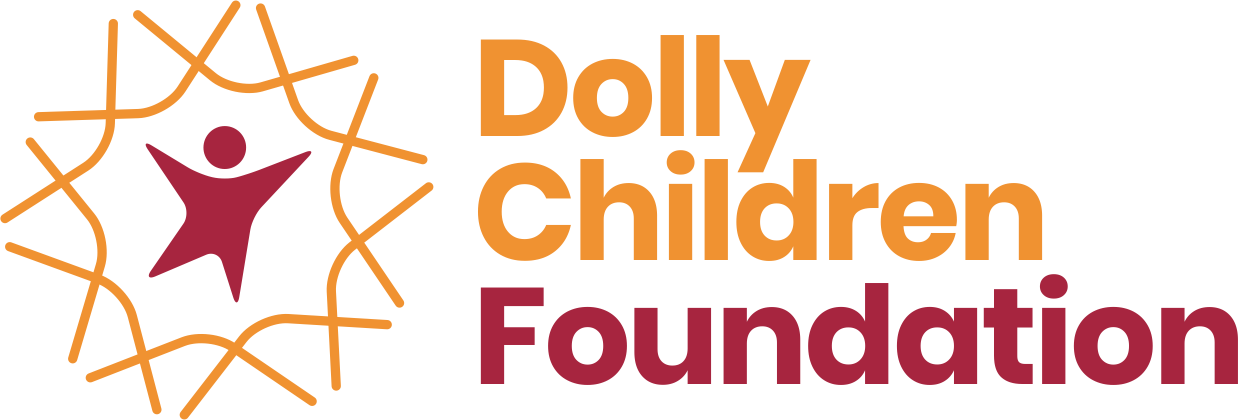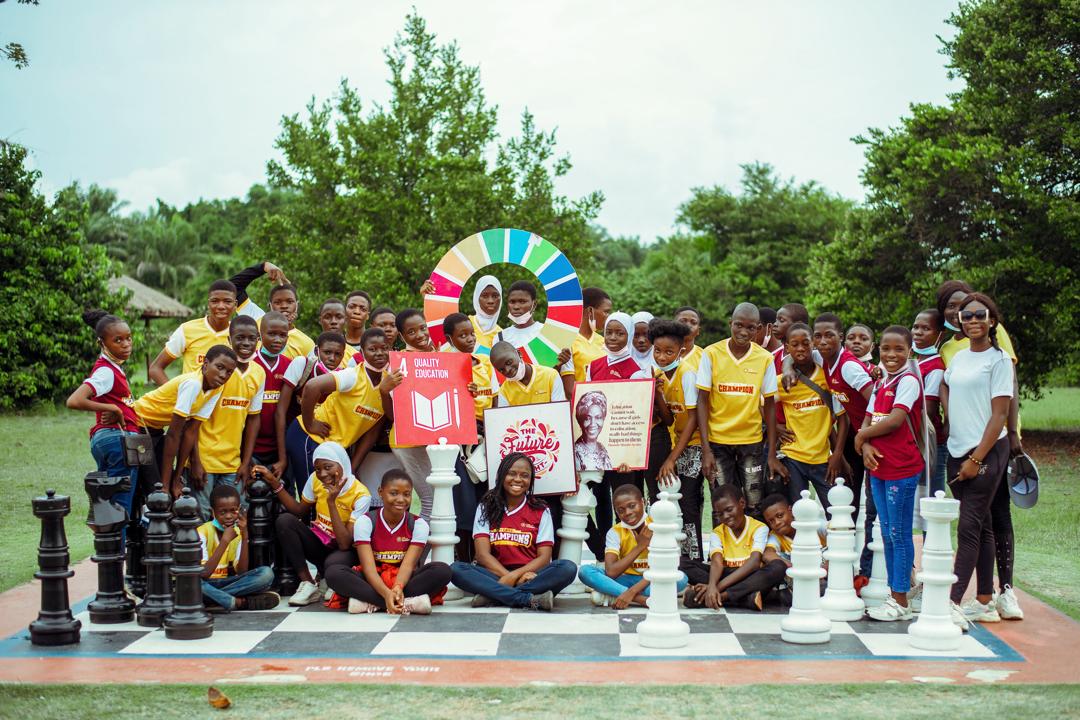From Community Roots to National Impact: How Dolly Children Foundation is Changing Lives


By Azeez Disu
Since its inception in 2009, the Dolly Children Foundation (DCF) has made remarkable strides in Nigeria, directly impacting over 23,000 children across six states—Ogun, Abuja, Oyo, Enugu, Taraba, and Lagos—and expanding its reach to more communities. Rooted deeply in community engagement and driven by a holistic approach, DCF works tirelessly to ensure that underprivileged children gain access to quality education, healthcare, and emotional support.
Adedolapo Osuntuyi, Founder and Executive Director of Dolly Children Foundation, passionately shares the foundation’s core philosophy:
“We believe every child, regardless of their background or circumstances, deserves a chance to thrive. Our focus is on nurturing not just their academic skills but their emotional and physical well-being. We are committed to creating safe spaces where children can express themselves, learn, and grow into confident adults.”
The Challenges Facing Nigerian Children
Nigeria faces complex social and welfare challenges that directly impact children’s development. Many children are caught in a welfare system where they are passed among extended family members or community caregivers, often without access to consistent education or basic necessities. This system, while culturally rooted, does not always guarantee their well-being.
Adedolapo explains: “In Nigeria, there’s a tradition of passing children around within families and communities. But this doesn’t always ensure their safety or access to education. Many drop out early to learn trades like mechanic or menial jobs. We also see heartbreaking issues like domestic violence, rape, and sexual abuse that leave deep trauma in children. Our work is about addressing these issues holistically.”
How Dolly Children Foundation Responds
1. Education Initiatives
– Reading Clubs: Weekly sessions in public primary schools have benefitted over 15,460 children by improving literacy. Teachers and volunteers work to boost reading and comprehension skills, helping children perform better academically.
– After-School and Summer Programmes: These are designed to reinforce learning, especially for low-performing children and those who work or walk long distances home. Over 13,650 children have benefited. The summer programs, which run for six weeks, include vocational training (sewing, recycling, art), sports, and academic subjects, all free of charge.
– School Refurbishment Projects: These include building fences, toilets, providing desks, and ensuring a safe learning environment. For example, a 70-meter fence was completed for one school, and toilets were constructed to improve sanitation.
– School in the Community: The Dolly Star School is a flagship project, a fully free school with 72 children enrolled from KG to Basic 5, functioning as a safe haven and a model for quality education in underserved areas. It started after recognizing the deficiencies in local public schools, especially regarding sanitation and infrastructure.
2. Health and Well-Being
– Health Checks and Education: Partnering with NGOs, the foundation promotes health awareness—encouraging children to know their blood group and genotype.
– Counseling and Trauma Support: Recognizing the trauma many children face, the foundation offers art, music, and therapeutic activities. Artistic talents are spotted and nurtured, providing children avenues for expression and emotional healing.
– Home Visits & Mentoring: Staff conduct home visits to understand children’s circumstances, offering guidance, support, and counseling on issues like domestic violence and abuse.
3. Community Engagement & Advocacy
– Dolly Foundation actively celebrates International Day of Education, Children’s Day, World Day against Child Labour, and other global observances to raise awareness and advocate for inclusive education.
– The foundation also organizes excursion ttrip—first-time visits to places like parks and museums—helping to broaden children’s horizons and reduce anxiety.
4. The Power of Art and Expression
Art therapy is a core component, with children engaging in painting, sketching, and music. These activities serve as therapeutic outlets, helping children cope with trauma and develop confidence. For example, paintings of beaches or landscapes by children are showcased to boost their self-esteem and sense of achievement.

A Personal and Community-Driven Vision
Adedolapo’s motivation stems from her personal journey and her father’s struggles to access quality education. She narrates:
“My father’s story is a testament to how lack of opportunity can shape a life. Despite his hard work, he couldn’t access secondary education due to economic hardships. That personal experience fuels my passion to ensure children don’t face the same setbacks.”
Her commitment is evident in the foundation’s holistic approach—supporting children academically, emotionally, and physically—ensuring they do not just attend school but thrive.
Funding, Partnerships, and Future Plans
The foundation’s operations are primarily funded through individual sponsors, family donations, and partner organizations. Many sponsors dedicate monthly contributions to cover tuition, school supplies, or specific projects like building toilets or providing uniforms.
Adedolapo emphasizes: “Our partners are the backbone of our success. We have collaborations with NGOs, private sector entities, and even individuals who believe in our mission. Our website and social media platforms help us share our journey and attract support.”
Recent partnerships include organizations that sponsor children, donate learning materials, and support school refurbishment projects. They also facilitate mentorship pprogram, where beneficiaries become mentors themselves, creating a ripple effect of positive influence.
Looking ahead, the foundation aims to expand its school network across more Nigerian states; Support children through university education; and Launch new initiatives like Dolly Champions Football Club—a sports program established in 2025 to foster teamwork, confidence, and leadership among underserved children
It also plans to continue its advocacy for inclusive education policies
Impact and Inspiration
Adedolapo shares inspiring success stories:
– A beneficiary who was supported through primary school recently spoke at a United Nations event, advocating for children’s rights.
– Several children, after benefiting from sponsorship, have gained admission into private secondary schools and universities.
– Former beneficiaries are now returning as interns or mentors, giving back to their communities.
Challenges and Resilience
Despite their successes, the foundation faces hurdles:
– Cultural beliefs and misconceptions sometimes discourage formal schooling, especially for girls or children in rural areas.
– Family dynamics and economic pressures lead some caregivers to prioritize immediate income over education.
– Trauma and abuse require ongoing psychological support, which the foundation continuously strives to provide.
Adedolapo reflects: “Our work is deeply personal. It’s driven by love, faith, and the belief that every child deserves a chance at a better life. We keep pushing, knowing that even one life changed justifies our efforts.”
Conclusion
Dolly Children Foundation exemplifies how grassroots initiatives rooted in love, community engagement, and holistic development can transform the lives of vulnerable children. Through education, health, art, and advocacy, the foundation is building a future where every child in Nigeria has the opportunity to succeed—regardless of their circumstances.


